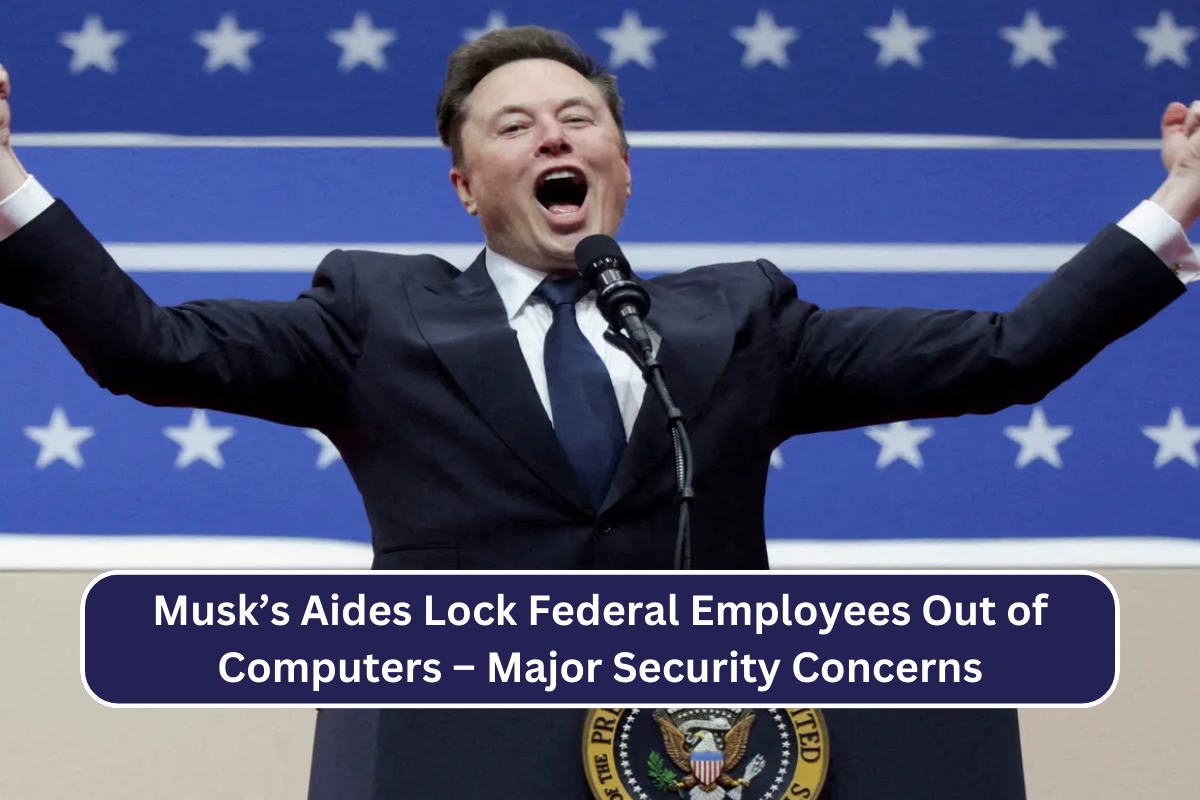Cyber warfare is becoming a major concern, especially as Russia ramps up its tactics. British MP Pat McFadden has warned that Russian President Vladimir Putin could launch devastating cyberattacks, shutting down power grids and leaving millions without electricity. McFadden will address this issue at a NATO conference, emphasizing the need to counter Russia’s aggressive cyber strategies.
Putin has a history of targeting critical systems in the West, including energy infrastructures and businesses. According to McFadden, Russia’s actions in cyberspace are “aggressive and reckless,” and we must take the threat seriously. The UK and its allies are keeping a close eye on Russia’s moves, working both publicly and secretly to counter these cyber threats.
The Risk of Cyber Attacks
Cyberattacks can disrupt everyday life by disabling power grids, causing massive outages. They can also harm businesses and destabilize economies. McFadden highlights that Russia uses these tactics to intimidate nations that support Ukraine in its defense against Russian aggression.
Putin’s use of cyber warfare aligns with his broader strategy of destruction and intimidation. Recent escalations in the Russia-Ukraine conflict have heightened these risks. As Western nations provide Ukraine with long-range missiles, tensions have increased, with Russia threatening retaliation against military and critical infrastructure in the US and UK.
The Role of NATO and Allies
NATO and its member nations, including the UK, are actively preparing to counteract these cyber threats. McFadden’s upcoming speech aims to unify allies in facing this “hidden war” against Russian cyber aggression. He stresses that supporting Ukraine is not just about military aid but also about protecting democratic values and ensuring global security.
Ukraine’s Response and the Escalation of Conflict
Ukraine has recently launched significant counterattacks using advanced Western weapons, including US-made ATACMS rockets and British Storm Shadow missiles. These strikes have targeted critical Russian infrastructure. In response, Putin has tested intercontinental ballistic missiles, showcasing his readiness for escalation.
The ongoing conflict reflects a dangerous cycle of provocation and retaliation, with cyber warfare playing a crucial role. Nations like France have also backed Ukraine’s right to self-defense, further solidifying Western support.
Staying Vigilant Against Cyber Threats
As the conflict between Russia and Ukraine continues, the threat of cyberattacks looms large. Nations must remain vigilant and prepared to counter these attacks. Protecting critical infrastructure, sharing intelligence, and supporting allies like Ukraine are vital steps toward global stability.
Putin’s cyber warfare tactics are not just aimed at military targets—they threaten everyday life and democracy. By standing united, NATO and its allies can counter these threats and safeguard their people.
FAQs
- What is the main cyber threat from Russia?
Russia is known for using cyberattacks to disrupt power grids, businesses, and critical infrastructure, posing risks to millions. - How is the UK responding to this threat?
The UK is actively monitoring and countering Russian cyber activities, both publicly and behind the scenes, as part of its NATO collaboration. - Why is Ukraine central to this conflict?
Ukraine is defending its sovereignty against Russian aggression, with support from Western nations. This has led to heightened tensions, including cyber threats. - What role does NATO play in this situation?
NATO works to unify its members against common threats like Russian cyber warfare, ensuring coordinated responses and mutual defense. - What can individuals do to protect themselves from cyber threats?
While national defense plays a key role, individuals should practice good cybersecurity habits, like using strong passwords and avoiding suspicious links.























